Encouraging Independent Play
Share

Similarly to concentration, another question that I get asked a lot is ‘how can I encourage my child to play independently’. It isn’t realistic to sit down with our children and play for 12 hours a day, we do have other things we need to get on with. It is understandable then that encouraging our little ones to play on their own is a hot topic and here’s my top tips for helping to make that happen!
Firstly, it’s important to remember that playing independently is a skill that children need to learn and as such it’s often about going right back to basics. It doesn’t happen overnight. It takes practice and you will need to build it up how long they are able to play independently over time. We also need to make sure that our expectations are in line with their abilities and age. The experts say the average child should be able to concentrate for 3-5 times the minutes of their age i.e. a three year old should be able to play in a focused manner for 9-15 minutes. This is a very rough guide but it does give us a gauge.
There are other factors involved in independent play too. Children concentrate best when they’ve had a good night’s sleep, have a full tummy and feel safe i.e. they can see you or know you are nearby. Therefore to increase the likelihood of them playing alone, we need to make sure that these basic needs are met.
It’s also important to consider the environment. How are their toys and play materials displayed and stored? You want your child to be able to go to their toy cupboard, make a choice about what they are going to play with and start playing. They shouldn’t need to ask you to get things out for them or reach them off of high shelves because it will break their concentration. They need to be able to follow their initiative and go with the flow. For more on toy storage see my YouTube video here.
As with trying to get your little one to concentrate, before you start the process, make sure you speak to other family members or carers who have contact with your child and tell them what you are doing. Ask them not to distract your child while they are practising playing independently. Family homes can be busy, noisy, and bustling, which is just how they should be, but all that hullabaloo can make it hard for them to concentrate. There are little things you can do to help, like turning off the TV and keeping background noise down. If you see your child concentrating, don’t break that focus by asking questions like what are you doing? What are you playing? If lunch is ready, can it wait a few moments rather than breaking them off from whatever they are doing.

Then it’s about building up in little steps. I find colourful sand timers are great for this. You can buy a set of five from Amazon here which includes a 30 second, 1 minute, 2 minutes, 3 minutes, 5 minutes and 10 minutes timer. These are perfect for helping your child understand how long a period of time is. Begin by setting up an activity or two that you know your child really enjoys, tell them that mummy needs to go off and do something and you’d like them to play on their own for a given time but you will come back when all of the sand has gone down to the bottom. You can stay in the room so you are in sight and they feel reassured and the chances are the first time you try it they will come up to you straight away, but just take them back over to the activity and say the same thing again. I know this is tricky, but stick with it. When the sand has gone down, make sure you do return and make sure you give them loads and loads of praise so that you teach them that you appreciate them playing independently and it’s a really good thing. Like I said, they aren’t going to immediately get it, but over time you should be able to build up how long they can play on their own for.
So just to recap on those tips:
- Make sure your expectations and goals are in line with your child’s age and ability.
- Ensure their play environment is as conducive to independent play as it can be.
- Speak to other family members and carers that your child has contact with and explain what you are doing.
- Keep distractions to a minimum.
- Be really clear about what you are asking them to do and make sure you have something visual to mark the time.
- Return at the end of the allotted time and heap on the praise.
I hope that helps, let me know how you get on. Happy playing!
